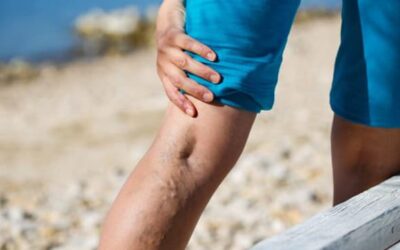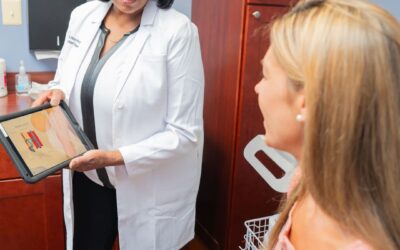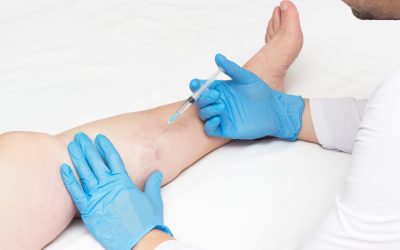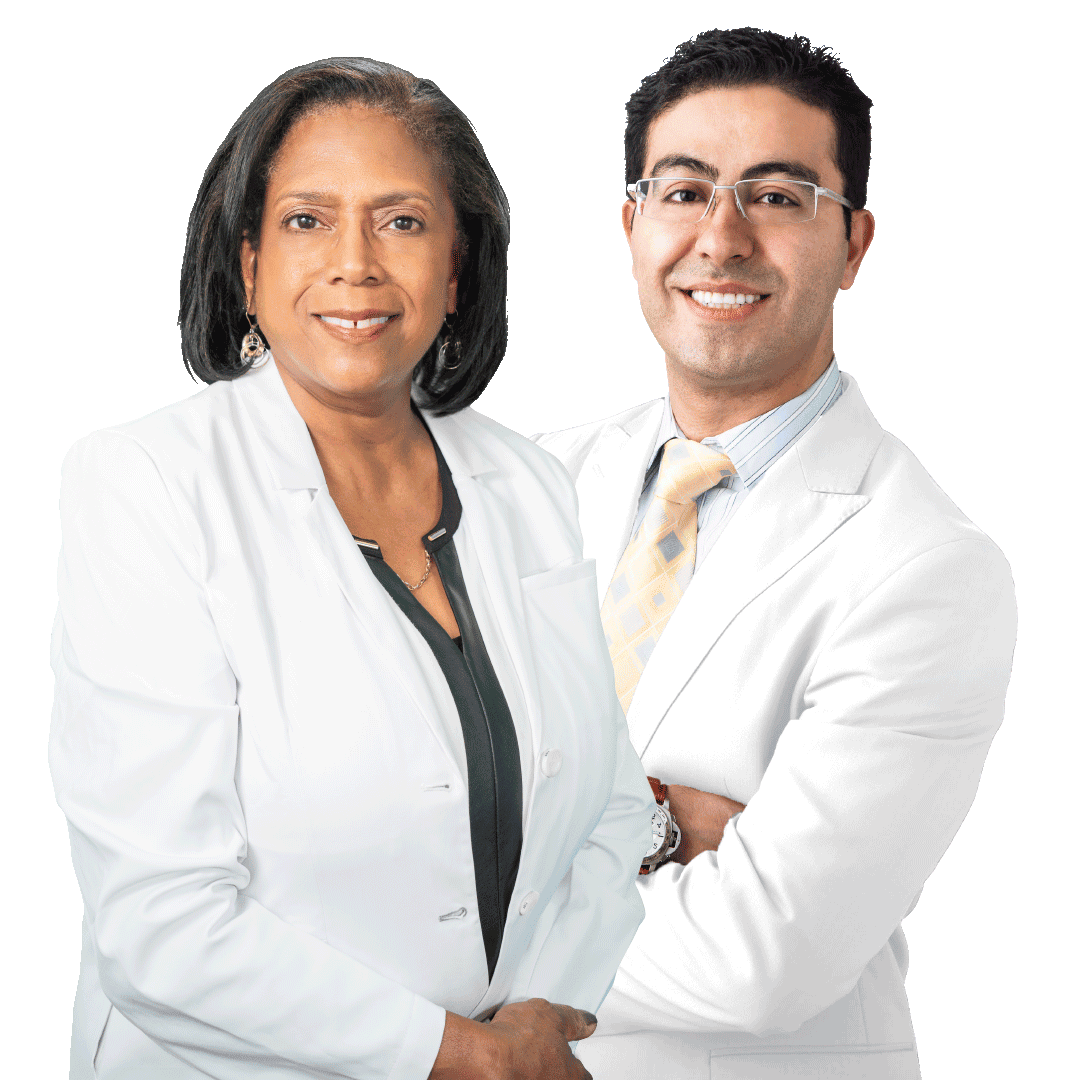Top Maryland Vein Doctors
What is a Vein Doctor Called? And Other FAQs
What is a vein doctor?
If you are experiencing symptoms such as pain, swelling, heaviness, or cramping in your legs, you may be wondering, “What is a vein doctor?” A vein doctor, also called a vascular doctor, is a medical specialist who is trained in the diagnosis and treatment of conditions that affect veins.
The best vein doctor will use a variety of diagnostic tests to determine the cause of your symptoms and develop a treatment plan that is tailored to your individual needs. Treatment options may include lifestyle changes and minimally-invasive procedures.
If you are experiencing symptoms that you think may be caused by a problem with your veins, the best thing to do is to schedule an appointment with a vein doctor. Your vein doctor will work with you to determine the cause of your symptoms and develop a treatment plan.
Maryland Vein Treatment is led by Harvard-trained and board-certified vein doctors specializing in the latest and safest vein treatments. Our vein doctors always diagnose and treat the root cause of your symptoms and vein problems to ensure long-lasting results.
You can find our medical center for vein treatment at 10215 Fernwood Rd, Suite 301, Bethesda, Maryland, just outside of Washington, DC, in Silver Spring. If you’re in or around the nation’s capital, we encourage you to visit our vein doctors in Maryland.
What kind of doctor specializes in veins?
A vein specialist is a doctor who treats disorders of the veins, also called venous disorders. Veins are the blood vessels that carry blood back to the heart. When veins are not working properly, they can cause a variety of problems, including pain, swelling, and blood clots.
Vein specialists are also called phlebologists. They are trained in the diagnosis and treatment of venous disorders. Phlebologists can be either medical doctors (MDs) or doctors of osteopathic medicine (DOs).
Medical doctors who specialize in veins complete a four-year undergraduate degree, followed by four years of medical school. They then complete a residency program, which lasts for three to seven years. After completing their residency, they may choose to do a fellowship, which is an additional training program that lasts for one to two years.
Both MDs and DOs can become board certified in phlebology by the American Board of Venous and Lymphatic Medicine. To become board certified, a doctor must pass a written exam and an oral exam. They must also stay abreast of the latest developments in vein care and specialize in minimally invasive spider vein and varicose vein treatments.
Vein doctors can come from all fields of medicine, including anesthesiology, cardiology, dermatology, etc. You must find a phlebologist with specialized training in vascular imaging and the latest minimally invasive spider vein and varicose vein treatments.
What’s the difference between a vein doctor and a vascular doctor?
A vein doctor is a medical professional who specializes in the treatment of veins, particularly in the legs. A vascular doctor is a medical professional who specializes in the treatment of arteries and veins. Both vein doctors and vascular doctors are trained in the diagnosis and treatment of vascular conditions. However, there are some important differences between these two types of medical specialists.
For one, vein doctors typically focus on the treatment of veins in the legs, while vascular doctors may treat veins and arteries throughout the body. Furthermore, since vein doctors (also known as phlebologists) have specialized training in vascular conditions, they offer the latest minimally invasive vein treatments to address the root cause of your vein problems. If you have vein conditions, you should ideally contact vein doctors.
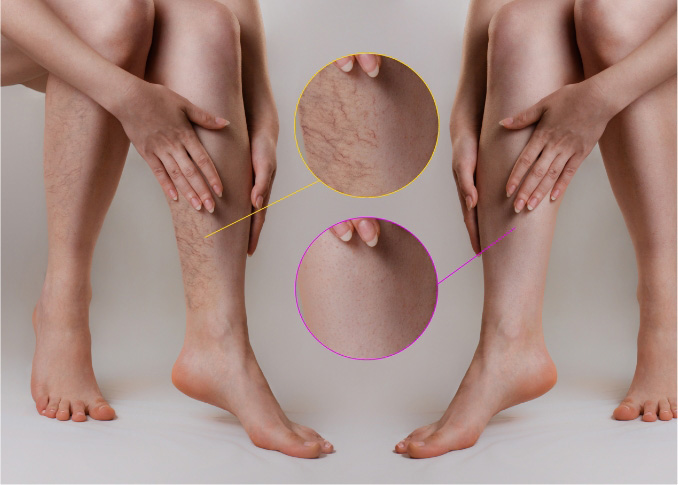
We know health insurance is confusing so we will help you check if you’re covered:
FREE Coverage Checker:
When should you see a doctor about varicose veins?
Do your legs feel heavy, achy, or restless? Do they look swollen or discolored? You may have varicose veins. Varicose veins happen when your veins weaken and can’t properly push blood back up to your heart. This causes blood to pool in your veins, and your veins become enlarged, twisted, and overfilled. Varicose veins are usually symptomatic of underlying chronic venous insufficiency, so you should look for the following symptoms:
- Leg pain that gets worse when you walk or stand
- Leg cramps
- Burning, itching, or throbbing in your legs
- Swelling in your legs
- Skin sores or ulcers on your legs
- Bleeding from your veins
If you have any of these symptoms, call your vein doctor. But even if you don’t notice these symptoms, you should still contact a vein doctor to prevent the condition from worsening. Vein disease is a chronic condition — the longer you avoid treatment, the worse the symptoms will become.

Visit Our Maryland Vein Treatment Center
What happens if varicose veins are left untreated?
If you have varicose veins and are wondering what will happen if you don’t treat them, you are not alone. Many people with varicose veins experience symptoms such as pain, fatigue, and inflammation but are unsure about whether or not to seek treatment.
Left untreated, varicose veins can lead to more serious problems, including blood clots, ulcers, and skin changes. In some cases, varicose veins can also cause malnutrition by preventing the proper absorption of nutrients. Blood clots are the most dangerous complication of varicose veins. Clots can form in the veins and break off, travel to the lungs, and cause a pulmonary embolism, which can be fatal. Skin changes, such as eczema and dermatitis, can also occur.
If you are experiencing any of these symptoms, it is important to see a doctor to discuss your treatment options. Treatment can vary from simple lifestyle changes to minimally invasive procedures, and the sooner you start treatment, the better.
